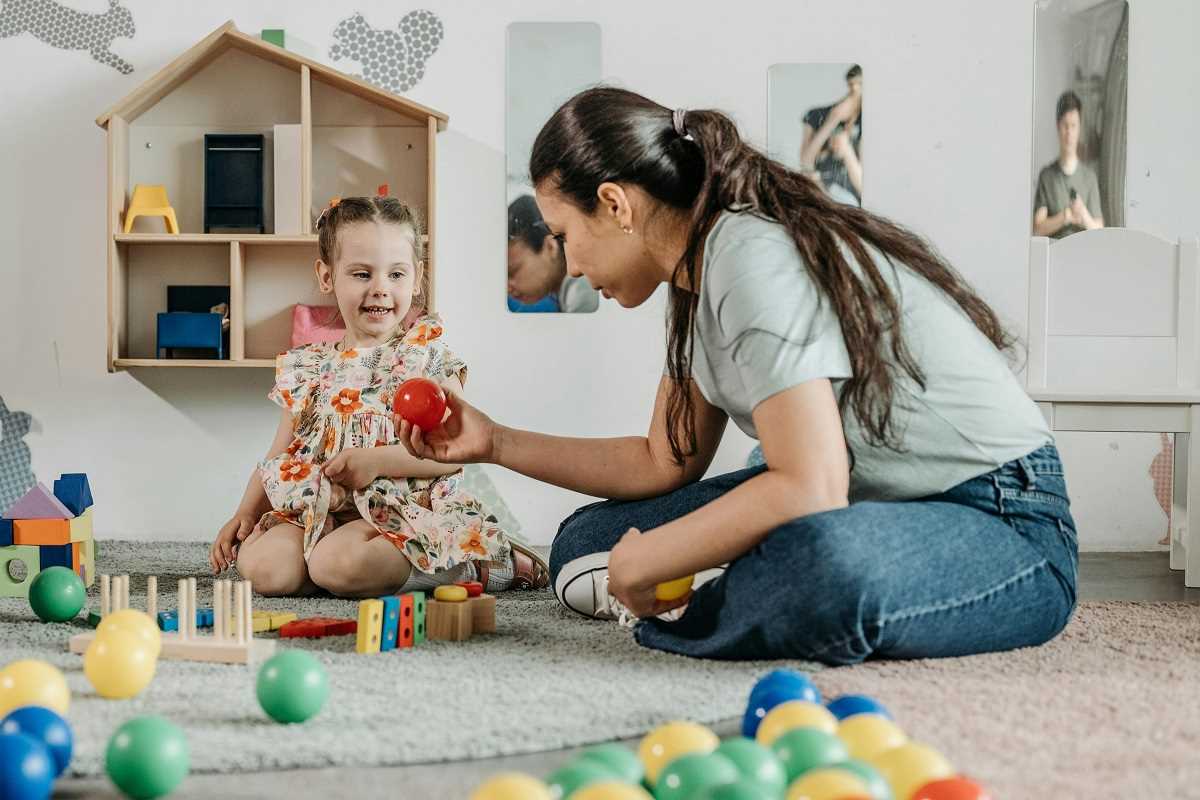Taking the time each day to reflect can dramatically enhance your learning and memory retention. When you spend just a few moments considering what you've learned and how you've used that knowledge, you not only solidify your understanding but also elevate your academic achievements. For students aiming for higher grades or individuals looking to broaden their horizons, making reflection a part of your everyday habits can lead to significant improvements. This practice doesn't just help you remember facts; it transforms the way you absorb and apply new information, ultimately enriching your educational experience and personal growth.
What is Daily Reflection?
Daily reflection involves setting aside time each day to consider your experiences, thoughts, and feelings. It is a deliberate process of thinking about what you did, how you did it, and what you can learn from it. This practice helps you gain insights into your strengths and areas for improvement, supporting personal and academic growth.
- Journaling: Writing down your thoughts and experiences to gain clarity and perspective.
- Meditation: Using mindfulness techniques to reflect on your day and reduce stress.
- Discussion: Talking with peers or mentors about your experiences to gain different viewpoints.
- Goal Setting: Reviewing your goals and assessing your progress towards achieving them.
- Self-Questioning: Asking yourself questions about your actions and decisions to promote deeper understanding.
Benefits of Reflection in Learning
- Enhanced Understanding: Reflecting on what you learned helps solidify your knowledge and make connections between different concepts.
- Improved Retention: Regular reflection aids in transferring information from short-term to long-term memory, making it easier to recall when needed.
- Increased Motivation: Understanding your progress can boost your motivation to continue learning and set new goals.
- Better Problem-Solving: Reflecting on challenges and how you overcame them develops critical thinking and problem-solving skills.
- Personal Growth: Reflection increases self-awareness, helping you recognize your strengths and areas for improvement.
Simple Practices to Incorporate Reflection
Integrating daily reflection into your routine doesn't have to be time-consuming or complicated. Here are some straightforward methods to get started:
Set Aside Dedicated Time: Allocate a specific time each day, such as before bed or after studying, to reflect on your day.
Use a Reflection Journal: Keep a notebook to jot down your thoughts, what you learned, and any questions that arise.
Create a Quiet Space: Find a calm environment where you can think without distractions, allowing for more effective reflection.
Integrate Reflection with Existing Activities: Combine reflection with daily habits, such as during a morning walk or while having a cup of tea.
Ask Reflective Questions: Use prompts like "What did I learn today?" or "How can I apply this knowledge in the future?" to guide your reflection.
Common Challenges and How to Overcome Them
While daily reflection offers numerous benefits, maintaining the practice consistently can be challenging. Here are some common challenges and ways to address them:
Lack of Time: Busy schedules can make it difficult to find time for reflection. To overcome this, start with short reflection sessions, even just five minutes, and gradually increase the duration as it becomes a habit.
Difficulty Focusing: Some may find it hard to concentrate during reflection. Creating a calm and designated space can help improve focus, as can minimizing distractions by turning off electronic devices.
Unclear Purpose: Without a clear objective, reflection can feel aimless. Setting specific goals for what you want to achieve through reflection can provide direction and make the process more meaningful.
Inconsistent Practice: It's easy to skip reflection days, disrupting the habit. Establishing a routine and setting reminders can help reinforce consistency.
Self-Criticism: Reflecting on experiences might lead to negative self-talk. It's important to approach reflection with a positive mindset, focusing on growth and learning rather than dwelling on mistakes.
Tips for Consistency
Maintaining a daily reflection routine requires commitment and the right approaches. Here are some practical tips to help you stay consistent:
- Create a Routine: Incorporate reflection into your daily schedule, making it a non-negotiable part of your day.
- Set Realistic Goals: Start with manageable reflection sessions and gradually build up as it becomes a habit.
- Use Prompts: Having a set of questions or topics to reflect on can make the process easier and more structured.
- Track Your Progress: Keep a log of your reflection sessions to monitor your consistency and see how far you've come.
- Find Accountability: Share your reflection goals with a friend or mentor who can encourage and support you.
- Stay Flexible: Allow yourself to adapt your reflection practices as needed, ensuring they continue to fit into your lifestyle.
By implementing these tips, you can establish a sustainable reflection habit that enhances your learning and personal development.
Incorporating daily reflection into your routine can change the way you learn and grow. By dedicating a few moments each day to think critically about your experiences, you unlock deeper understanding and improve your skills. Start small, stay consistent, and watch as your learning abilities sharpen over time.
 (Image via
(Image via





